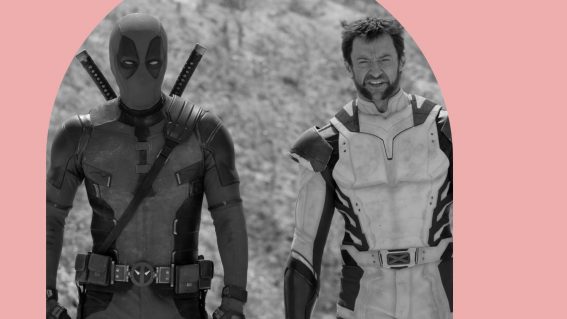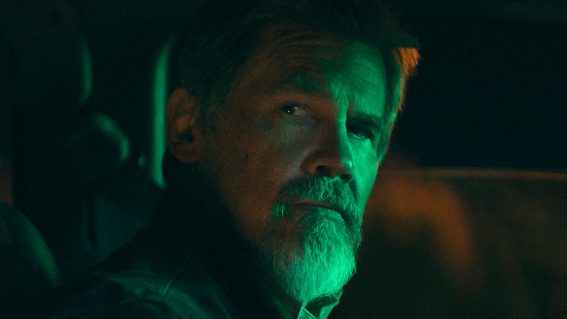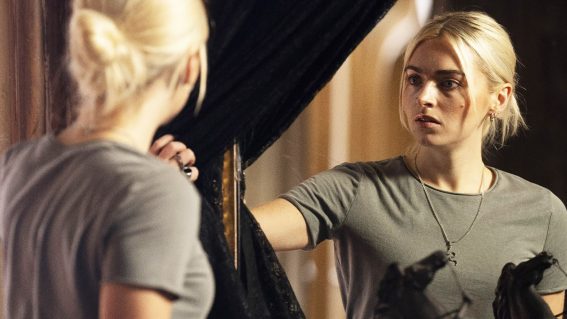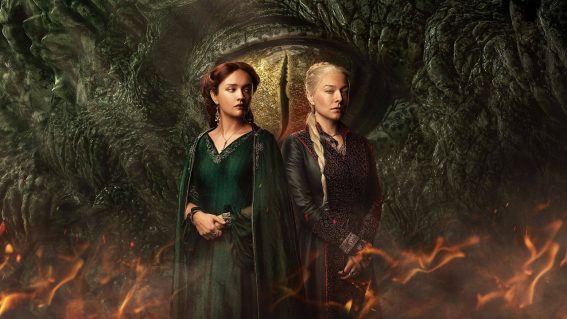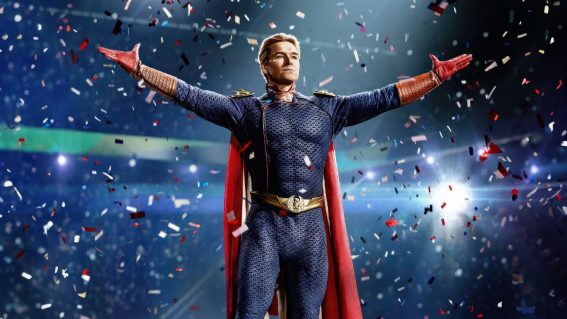War of the Worlds is a bingeworthy treat for adult sci-fi fans
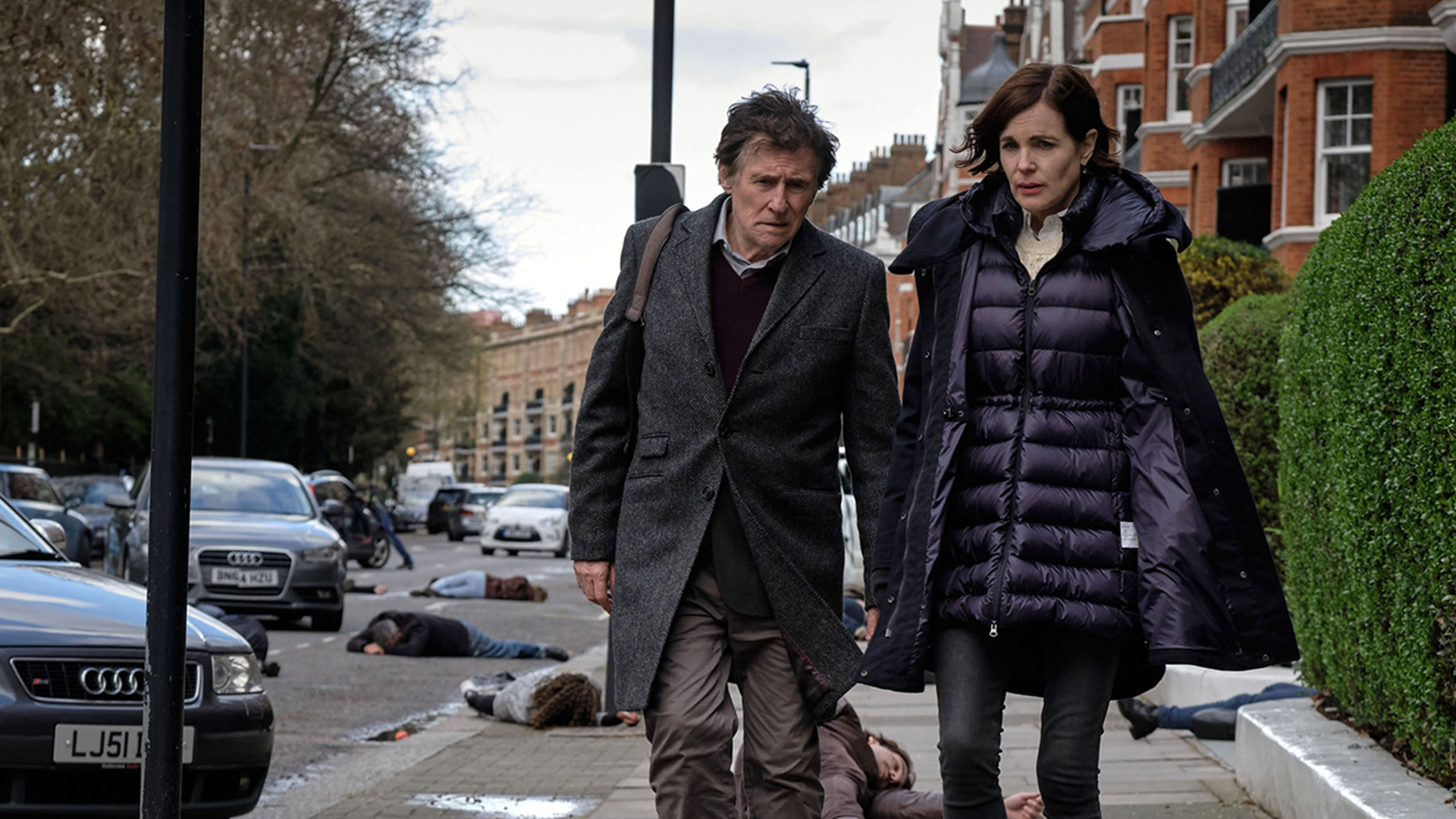
The creator of Misfits puts a decidedly modern spin on a sci-fi classic in War of the Worlds – streaming now on Neon. Adam Fresco found himself hooked by the first two seasons – and eager for the third.
I had my doubts that any new version of H.G. Wells sci-fi stalwart could mine much more from the well-worn tale of humanity getting zapped by superior alien technology. However, the first two seasons of War of The Worlds have left me champing at the bit for the third [arriving on Neon June 1st—Ed.].
British writer Howard Overman (creator of hit supernatural series Misfits), doesn’t offer a straightforward adaptation of Wells’ Victorian-era novel; a tale that spawned every alien invasion flick from Independence Day to A Quiet Place to Mars Attacks! Instead, this UK/French co-production offers a modern take, focused not on daring heroics nor non-stop action and adventure, but rather on slow-build tension and captivating characters. That takes time and, if you’re willing to submit to the deliberately measured, methodical pace, you’re in for a treat that’s more akin to settling back and reading a carefully constructed adult novel, than flicking quickly through smash-and-bash comic book fare.

So why remake a classic? Since its first publication in the 1890s, Wells’ hundred-year-old tale of aliens invading Earth has been adapted for stage, radio, the big screen, and television. There was the infamous 1938 live radio production by a pre-Citizen Kane upstart young actor named Orson Welles that sent US listeners fleeing for their lives; George Pal’s classic 1950s Hollywood production featuring big-screen, Technicolor Martian mayhem; a 2005 Spielberg flick starring Tom Cruise, and a bestselling album and live stage musical by Jeff Wayne.
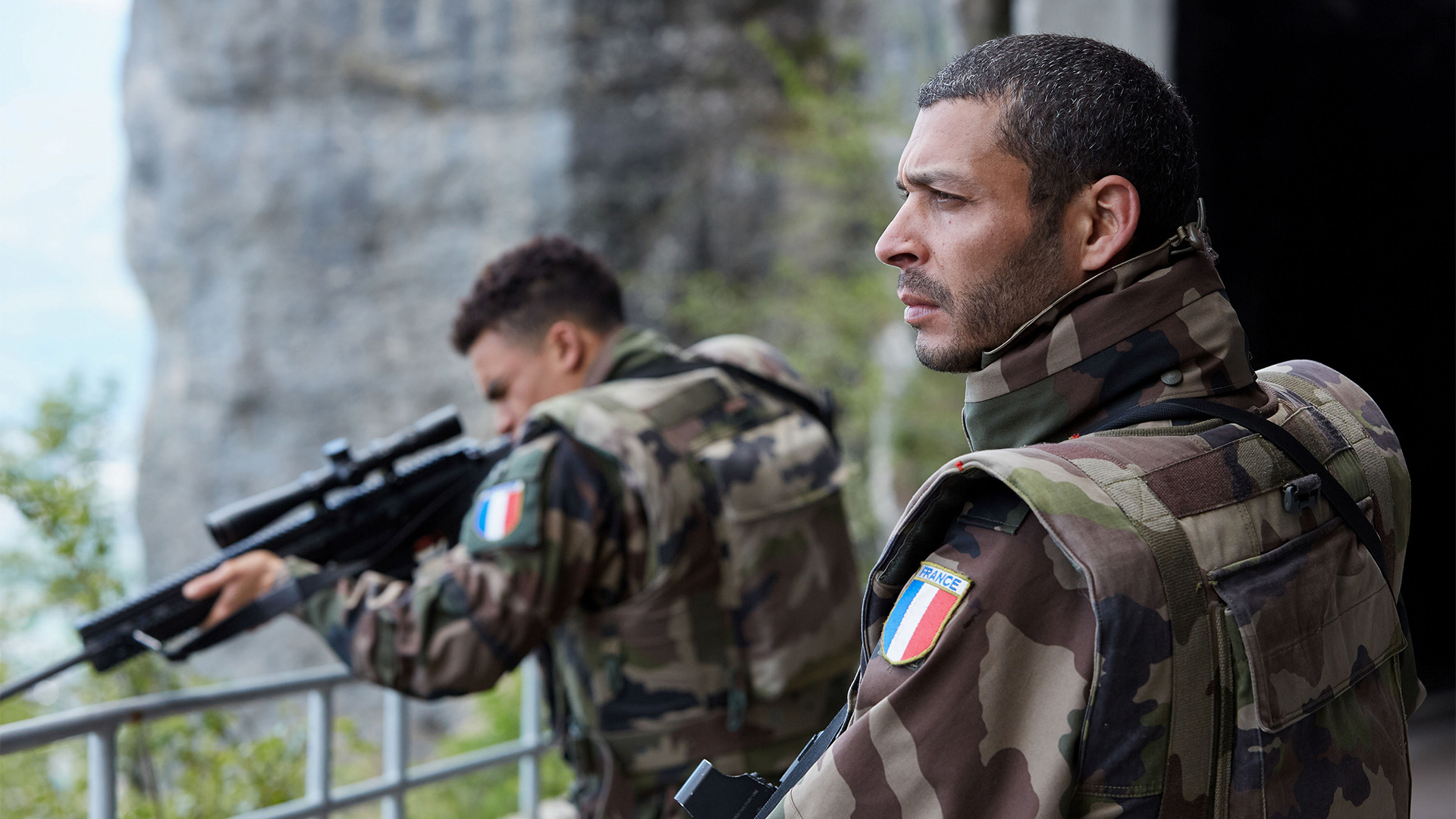
Yet amazingly, this new take proves there’s still relevancy in a story that’s fundamentally about ordinary people living through extraordinary circumstances. Like Bram Stoker’s Dracula and Mary Shelley’s Frankenstein, Wells’ War of The Worlds is one of those tales that just keeps on giving, offering storytellers an irresistible metaphor for the trials and tribulations besetting whatever period of human history we’re currently grappling with.
Reminiscent of Better Call Saul, the drama starts slow and deliberate, establishing time, place and people. In this newly imagined take on the original, the invaders arrive in the first episode, unleashing a devastating sonic weapon that wipes out the majority of the human race. The ensuing drama follows small groups of survivors in both Britain and France who, having missed the deadly soundwave, are left to fend for themselves, scavenging for food and supplies, whilst trying to avoid robotic hunter-killers, and fellow human refugees bent on survival at all costs.
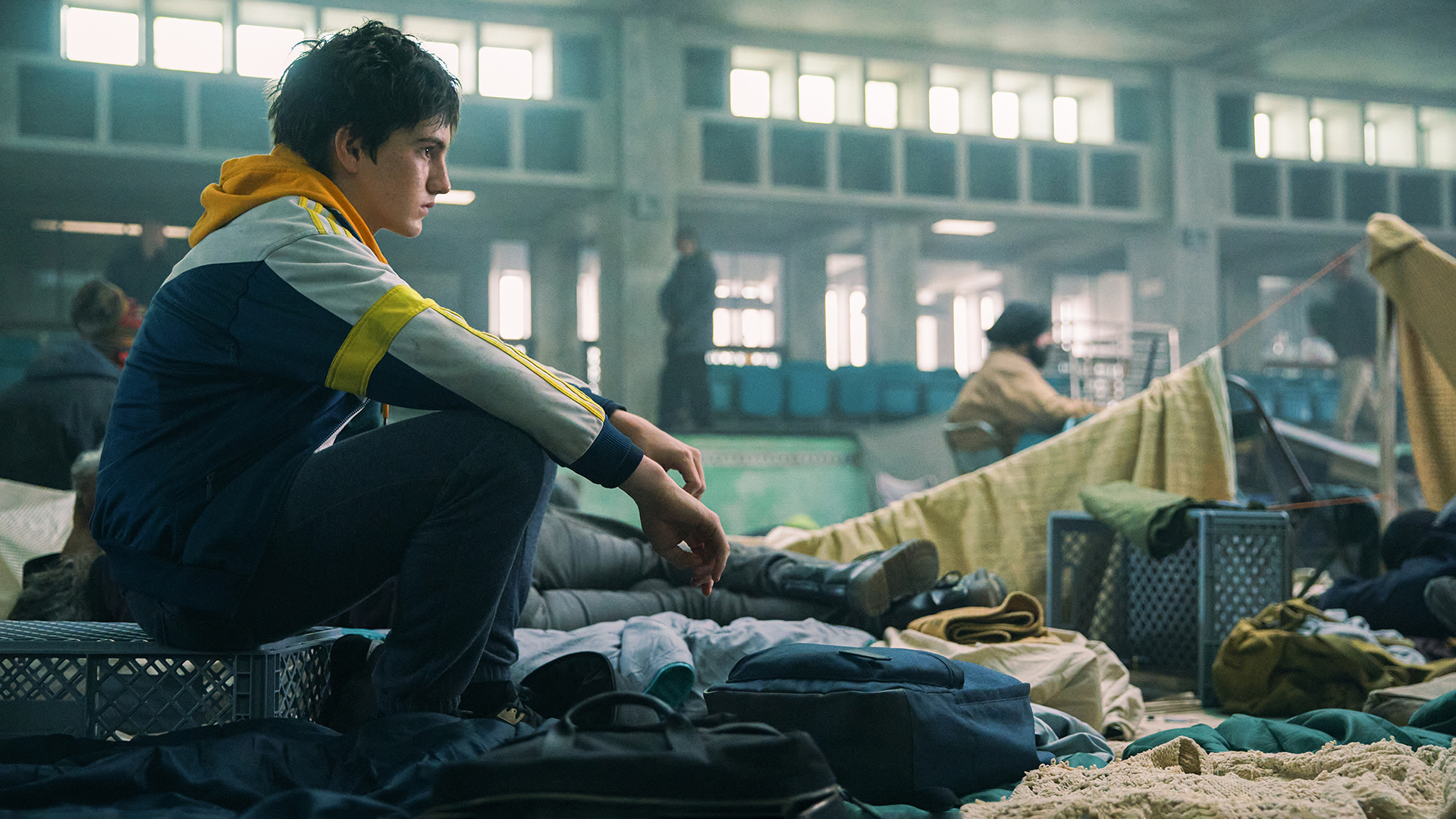
The enjoyment is in watching the drama unfold. Slow and steady. There aren’t non-stop, whizz-bang special effects. No spectacular heroic feats of selfless bravery. Instead, the long form serial format offers a building sense of tension as the characters, cut off from communication with the rest of the world, grow increasingly isolated. Everything that seemed so important, from jobs and family, to the everyday mundanity of shopping and travel, suddenly seems a remote daydream. Humanity is reduced to pure survival, as food grows scarce, shelter remote, and the threat of the invaders ever closer.
It takes time, like all good things, but if you are patient enough to allow yourself to be drawn into its world, the rewards are many. From human relationships that evolve into far more than the clichés of most action-drama fare, to characters that take on the semblance not of cookie-cutter heroes gunning down the baddies with no thought for their own safety, but of warts-n-all human beings facing seemingly insurmountable odds.
Over two seasons I’ve become hooked by this show, one that offers more questions than easy answers. Nonetheless, there are just enough hints as to what the invaders are after, and how the science in this particular fiction works, but it’s all offered in tantalisingly small doses, until…
Well, no major spoilers, but rest assured, if you stay the course, the show rewards you with some next-level Terminator meets Edge of Tomorrow-level mind-melting plot twists.
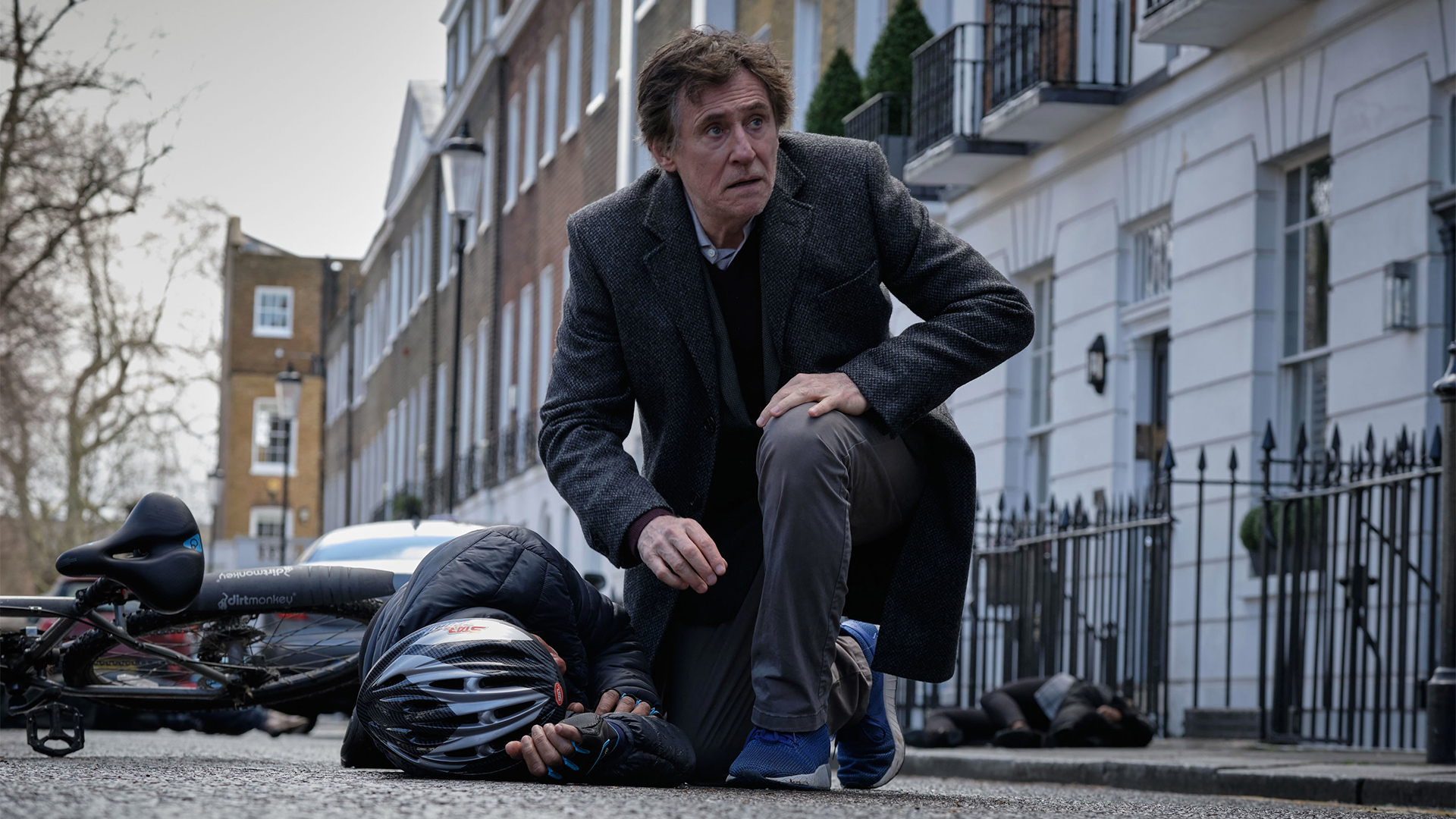
As scenes play out in France and the UK, it soon becomes clear that the main protagonist is Bill Ward, a former scientist, surviving in what remains of London. Bill is played by a weary, grumpy, and increasingly dishevelled Gabriel Byrne, and the actor is a perfect fit for a drama quick to establish a mood of cynical claustrophobia, as the safety and security of the modern world as we know it slips into post-apocalyptic pessimism. Bill stands at the centre of the story. Or rather he stoops, portrayed by Byrne as a character who’s not only reached the end of his tether, but been forced to roll his tether up and swallow it too. By the end of the second season, Bill is placed in a precarious position, balancing the age-old Star Trek II: The Wrath of Khan question: Does the good of the many outweigh the good of the few? Or, in Bill’s case, does playing dice with human life invariably lead to Oppenheimer-level destruction and moral dilemmas?
With a great multinational cast, including Léa Drucker, Ty Tennant, Pearl Chanda, Natasha Little, Bayo Gbadamosi, and a whole host of recognizable faces, War of The Worlds establishes its immersive universe with a sure and steady assuredness that places it in the wheelhouse of prestige TV adult dystopic sci-fi dramas The Handmaid’s Tale and Silo.
Full of rounded characters, believable situations, tight scripting, moody atmosphere, and enough sci-fi mystery to keep you well and truly intrigued, I’ve already noted that War of The Worlds has me hooked. This distinctive, dystopian drama, having wrapped up season two with a whopper of a WTF finale, leaves me wondering just what a third season has in store for patient viewers willing to trade instant, adrenaline-fuelled action for harrowingly cynical, slow-build dread.


